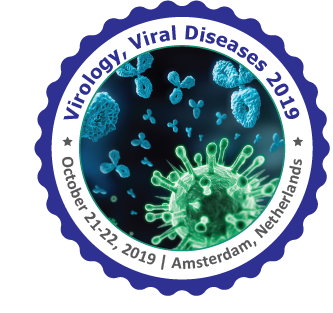Asad Mushtaq
Pakistan
Title: probiotics bacteria Lactobacillus and Rhodobacter capsulatus for protection
Biography
Biography: Asad Mushtaq
Abstract
Algae are photosynthetic eukaryotic organisms ranging from unicellular such as chlorella to multicellular forms like giant kelp. Possessing chlorophyll as primary photosynthetic pigments. The aim of the study was to use probiotics bacteria Lactobacillus (L. acidophilus and L. plantarum) and Rhodobacter capsulatus for protection and productive enhancement in algal biomass in two algal species such as Chlorella vulgaris and Scenedesmus obliquus. Freshwater samples were collected for isolation and screening of microalgae. Probiotic bacteria such as Lactobacillus and Rhodobacter bacteria was revived from bacterial culture which already present in the lab. Isolation and identification of bacteria was done by microscopic and cultural characterization. Process optimization was performed by three factors optimization i.e. inoculum size of probiotics (25, 50, 75%), pH (6, 7, 8) and incubation period (1-10days) by applying response surface methodology (RSM). The Probiotics bacteria (L. acidophilus, L. plantarum, and Rhodobacter capsulatus) were applied on the two algal species i.e. Chlorella vulgaris and Scenedesmus obliquus to enhance the biomass production. The results showed that Lactobacillus acidophilus had higher growth on the algal species of Chlorella and produce large biomass production as compared to all other types of probiotic bacteria. Further, Lactobacilus acidophilus was applied on the algal species of Chlorella vulgaris by optimizing the parameter by applying response surface methodology (RSM). After incubation, the Lactobacillus acidophilus increase the algal biomass 54% at inoculum size of 50%, pH 7 and incubation periods of 5.5 days and were found significantly (P<0.05) high. The results of this experiment showed that the probiotic was significant effect for the enhancement of the algal biomass.

